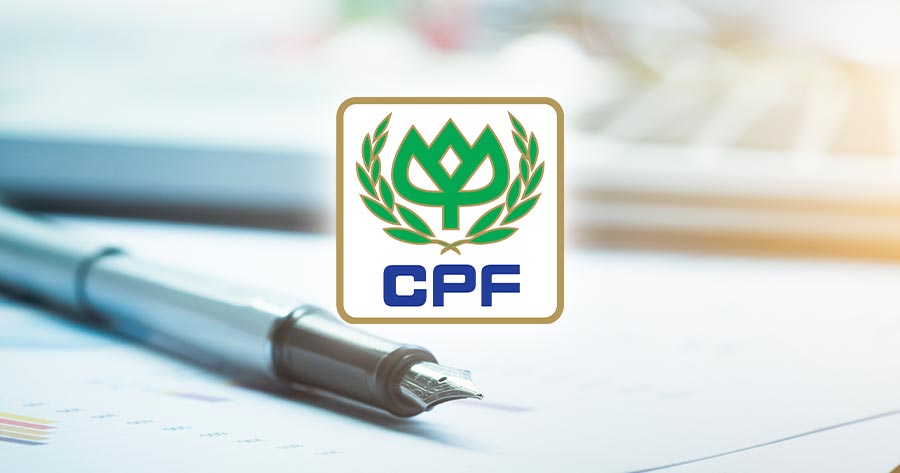TRIS Rating has released a credit update for Charoen Pokphand Foods Public Company Limited (SET: CPF), assigning the company a rating of “A” with a “stable” outlook. The ratings on CPF’s senior unsecured notes have been affirmed at “A,” while its hybrid instruments carry a “BBB+” rating. Details from the report are as follows:
TRIS Rating assigns a rating of “A” to Charoen Pokphand Foods PLC (CPF)’s proposed issues of up to THB13,070 million senior unsecured debentures due within 15 years. The proceeds of the new debenture issuances are intended for the following purposes of the company or companies in the CPF Group: (1) general business operations and/or (2) business expansion and/or (3) investment and/or acquisition in shares or assets and/or (4) repayment of debts and/or (5) lending to companies in the CPF Group.
At the same time, we affirm the company rating on CPF and the ratings on its outstanding senior unsecured debentures at “A” and affirm the ratings on its subordinated capital debentures (hybrid debentures) at “BBB+”. The outlook remains “stable”.
The ratings reflect CPF’s strong market position as a global leader in agro business, characterized by geographic diversity and a wide range of products and markets. However, the ratings are constrained by CPF’s high financial leverage due to the acquisitions and investments over the past several years. They are further limited by exposure to commodity protein prices, and earnings volatility. Also, the threat of a global economic slowdown induced by trade wars and geopolitical conflicts is another key risk.
CPF’s operating results improved substantially, driven by better livestock performance resulting from lower feed costs and favorable swine prices. As a result, EBITDA increased sharply by 47.1% year-on-year (y-o-y) to THB50.5 billion in the first half of 2025. EBITDA margin stood at 17.2%, a substantial improvement from 12% in 2024. The debt to EBITDA ratio was 6 times in the first half of 2025, improved from 7 times in 2024.
We assess CPF’s liquidity to be manageable over the next 12 months. CPF’s debt maturing within the next 12 months amounts to THB196 billion, comprising THB141 billion in short-term loans, THB30 billion in long-term loans and THB25 billion in senior unsecured debentures. Annual capital expenditure is projected at around THB25 billion.
The company’s sources of funds included THB27 billion in cash on hand as of June 2025 and anticipated funds from operations (FFO) of about THB39 billion over the next 12 months. Most CPF’s short-term loans, primarily utilized for working capital, are provided by multiple banks on a clean basis, with punctual payment records. As a result, the rollover of short-term debt should not be of concern. Additionally, given CPF’s strong access to the capital markets, we view the refinancing risk as significantly mitigated.
As of June 2025, CPF’s total outstanding debt, including the full amount of hybrid debentures but excluding financial leases and loans from related parties, was THB507 billion, of which about THB326 billion was priority debt. This translates to a priority debt to a total debt ratio of 64%. However, since CPF has multiple operating subsidiaries in various geographical locations, we consider the senior unsecured debenture holders of CPF not significantly disadvantaged compared to the unsecured debt holders at subsidiary levels.
The financial covenant on CPF’s debenture obligations requires the net interest-bearing debt to equity ratio to stay below 2.0 times. As of June 2025, the ratio was 1.7 times. We expect CPF to remain in compliance with the covenant over the next 12-18 months.
RATING OUTLOOK
The “stable” outlook reflects our expectation that CPF will maintain its leading position in the dynamic agribusiness and food industry. We expect the company’s diverse range of operations, products, and markets to mitigate the volatile effects of commodity-like farm products and disease epidemics.





